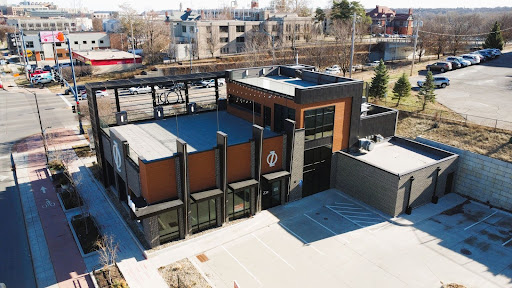Downturn hurts government’s effort to unload properties

The economic downturn has made it more difficult for the federal government to sell real estate, The Wall Street Journal reported.
The General Services Administration, or GSA, which manages approximately 380 million square feet of leased and owned real estate, is in charge of selling U.S.-owned properties that are vacant or obsolete.
The credit crisis, however, has reduced the availability of financing for properties that some lenders may view as risky prospects.
“Five years ago, financing was much more readily available, and banks were willing to lend on riskier deals,” says Ralph Conner, director of the agency’s office of real property utilization. “Today, they’re not.”
The GSA is also facing political pressure to dispose of unwanted real estate.
Last month, a report by the House Transportation and Infrastructure Committee alleged that the agency has struggled to dispose of properties in a timely manner.
The report titled “Sitting on Our Assets: The Federal Government’s Misuse of Taxpayer-Owned Assets” cited the sale of a 10-story Bethesda, Md., office building that “sat vacant for eight years.” The report said the GSA sold that property for $12.5 million, which was less than the suggested minimum bid.
In at least one case, the agency even struggled to give property away.
Earlier this year, the GSA offered to give the U.S. Custom School House in Portland, Ore., to a private school in the city. But school administrators, who were concerned about the cost to renovate the 109-year-old building, said no.
However, a real estate company has since tendered a $2.5 million offer for that property.
From fiscal year 2008 through 2010, the GSA sold an average of 223 properties a year. The average annual proceeds from all GSA property sales during that period were about $122.8 million.
In June, President Barack Obama issued a memorandum directing federal agencies to speed the effort to dispose of unneeded properties.










